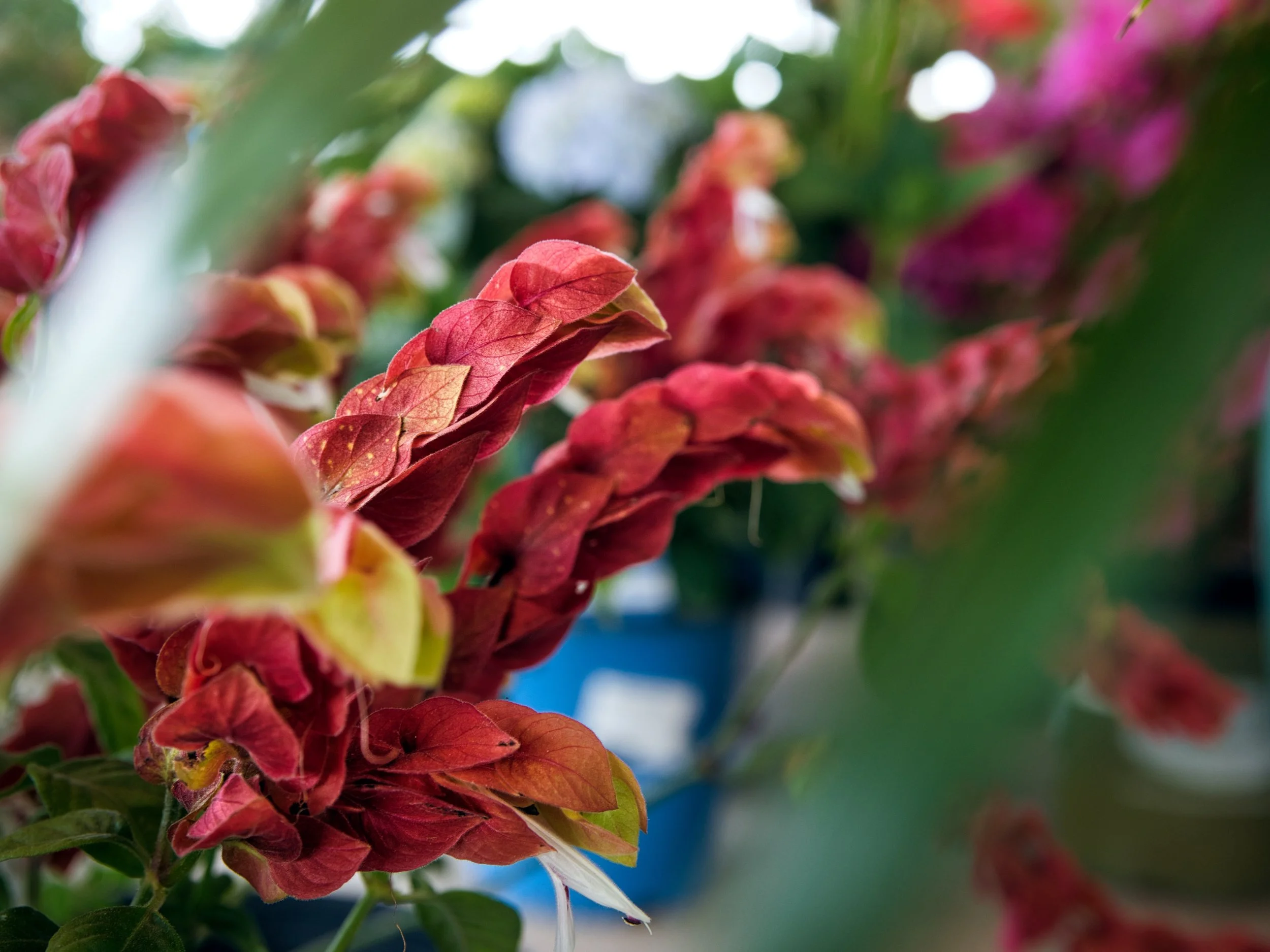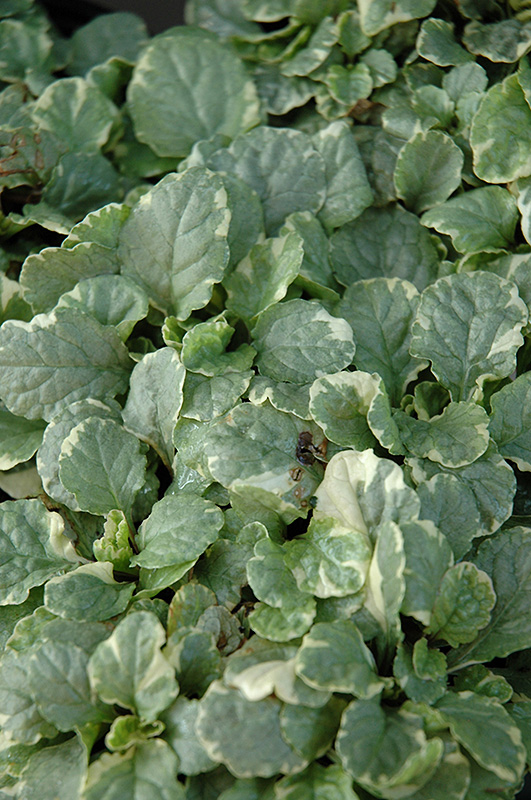Plant Height: 6 inches
Flower Height: 8 inches
Spread: 18 inches
Sunlight:
![]()
![]()
Hardiness Zone: 3b
Other Names: Carpet Bugle
Description:
A beautiful low-growing ground cover that forms a dense mat of gray, light green and white-mottled foliage that really catches the eye; smallish spikes of light purple flowers add interest in spring, makes a good filler for moist shady areas of the garden
Ornamental Features
Tapestry Bugleweed's attractive small crinkled round leaves emerge lime green in spring, turning grayish green in color with showy white variegation the rest of the year on a plant with a spreading habit of growth. It features subtle spikes of lavender flowers rising above the foliage from mid to late spring.
Landscape Attributes
Tapestry Bugleweed is a dense herbaceous evergreen perennial with a ground-hugging habit of growth. Its relatively fine texture sets it apart from other garden plants with less refined foliage.
This plant will require occasional maintenance and upkeep, and should not require much pruning, except when necessary, such as to remove dieback. It is a good choice for attracting butterflies to your yard, but is not particularly attractive to deer who tend to leave it alone in favor of tastier treats. Gardeners should be aware of the following characteristic(s) that may warrant special consideration;
- Spreading
Tapestry Bugleweed is recommended for the following landscape applications;
- Rock/Alpine Gardens
- Border Edging
- General Garden Use
- Groundcover
- Naturalizing And Woodland Gardens
Planting & Growing
Tapestry Bugleweed will grow to be only 6 inches tall at maturity extending to 8 inches tall with the flowers, with a spread of 18 inches. Its foliage tends to remain low and dense right to the ground. It grows at a fast rate, and under ideal conditions can be expected to live for approximately 10 years. As an evegreen perennial, this plant will typically keep its form and foliage year-round.
This plant does best in partial shade to shade. It does best in average to evenly moist conditions, but will not tolerate standing water. It is not particular as to soil type or pH. It is somewhat tolerant of urban pollution. Consider covering it with a thick layer of mulch in winter to protect it in exposed locations or colder microclimates. This is a selected variety of a species not originally from North America. It can be propagated by division; however, as a cultivated variety, be aware that it may be subject to certain restrictions or prohibitions on propagation.


